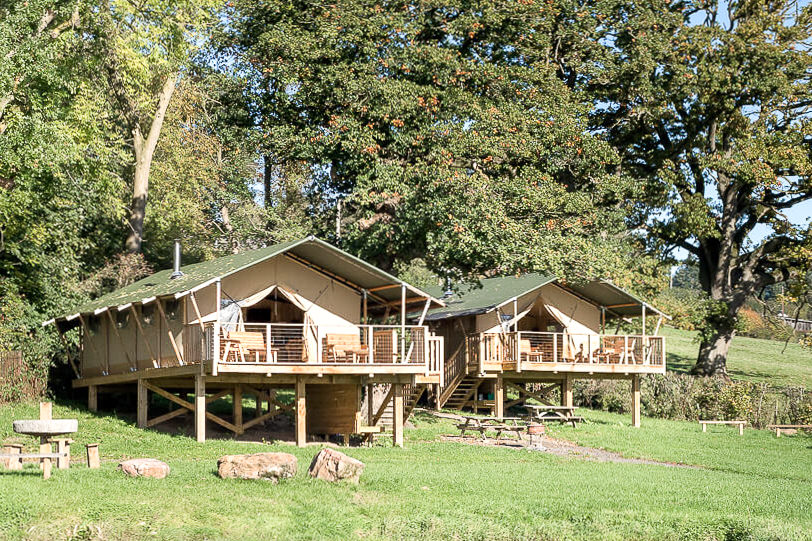Shrewsbury Agricultural & Professional
Mercian House,
9 Darwin Court, Oxon Business Park, Shrewsbury, SY3 5AL
Oswestry Agricultural & Professional
The Estates Office,
20 Salop Road,
Oswestry SY11 2NU
Growth Programme Grants in more detail
18th November 2019
RDPE Growth Programme Grants
Open until 16th February 2019 for submission of Expression of Interest (EOI)
There are three grants available under the RDPE Growth Programme and here we look at them in more detail.
EOI info needed:
- Business details
- Current Turnover
- Stocking and Cropping figures
- Previous grant funding
- Project details and justification for grant requirement
- Costs of project (including non-grant eligible items)
- Details of match-funding
- Business objectives and how your project meets their objectives
- Outputs – how many new jobs, how much turnover increase, how many new products created
If your project is successfully selected to proceed to the full application then the following information will be required:
- Planning permission
- 3 quotes for each item (usually)
- Previous 3 years business accounts
- Further justification and market research
- Evidence of match funding (loan agreement, bank statements etc)
- Projected cash flow
There are 3 grants available in the Growth Programme. Further information about each is detailed below.
Business Development
Farmers who want to diversify into non-agricultural activity.
Min grant £20,000
Max grant £175,000
40% funded
Deadline to submit Expression of Interest: 16th February 2020
The final date by which all projects must be finished, paid for and complete grant claims submitted is 30 September 2021.
Who can apply
Small rural businesses – new or existing. That includes farmers who want to diversify into non- agricultural activity
What the grants are for
To help rural businesses grow and create more jobs. Any increase in jobs or growth in your business must be a direct outcome of the grant. You cannot include jobs or growth in your business that are in supply chains. Grant funding can help pay for:
- constructing or improving buildings
- buying new equipment and machinery
These grants are for:
- small businesses or micro businesses, including social enterprises in rural areas
- farmers (or members of the farm household) diversifying into non-agricultural activities
The Marches – Priority will be given to projects that:
- enable farming business to diversify into non-agricultural activities, including rural workspace, workshops and on-farm retail
- support rural businesses to grow and expand
- help businesses to implement new technologies, processes or equipment to improve productivity
Examples:
Investment in equipment: A small rural business that makes furniture will invest in 2 new machines. This will create 2 new full-time jobs. It also means the business can use new, high-precision techniques, and so will create higher quality products.
Farm diversification: A farm business plans to diversify by setting up a metal fabrication business.
Food Processing
For food and drink businesses that process agricultural and horticultural products
Min grant £20,000
Max grant £750,000
40% funded
Deadline to submit Expression of Interest: 16th February 2020
The final date by which all projects must be finished, paid for and complete grant claims submitted is 30 September 2021.
Who can apply
Food and drink businesses that process agricultural and horticultural products.
What the grants are for
These grants are to help businesses grow and create more jobs. Grant funding can help pay for:
- constructing or improving buildings
- buying new equipment and machinery
The Marches – Priority will be given to projects that:
- increase productivity of the applicant business
- adopt new techniques, processes or innovations to grow the applicant business
- create efficiencies in the processing of food products which will add value
- create new joint-ventures and partnership-working within the supply chain
- create new jobs in the applicant business
Examples:
Meat processing: A slaughtering and processing business wants to expand its meat cutting and packing facilities.
Milk processing: A group of farmers are setting up a business to create a new milk processing facility.
Soft fruit processing: An established soft fruit packing business is creating a facility to process lower-quality, lower-value soft fruit.
Rural Tourism Infrastructure
For small businesses and farmers who want to diversify
Min grant £20,000
Max grant £175,000
40% funded
Deadline to submit Expression of Interest: 16th February 2020
The final date by which all projects must be finished, paid for and complete grant claims submitted is 30 September 2021.
Who can apply
Small businesses and farmers who want to diversify can apply.
What the grants are for
The grants will help fund the costs of capital expenditure on tourism infrastructure. The aim is to support projects that will encourage more tourists to come, to stay longer and to spend more money in rural areas.
The Marches – Priority will be given to projects that:
- Extend the tourism season between October and March by creating and developing visitor assets including-visitor attractions-leisure activities-heritage and cultural sites-outdoor visitor activities
- Create new festivals and events to attract overnight as well as day visitors
- Improve information for visitors
- Develop tourism infrastructure, including trails and bridleways
- Develop local tourism sectors such as food and drink, and rural crafts
- Develop sustainable tourism activities
It is expected that new accommodation will aim to achieve at least 4 star or equivalent accreditation rating. Accommodation below this accreditation rating may be supported where there is evidenced market need and demand. These projects must show all of the following:
- Clear need and market demand for the new accommodation
- The number of new bed spaces to be created
- Provides benefits to other business and the economy in the local rural area
Examples:
New access infrastructure: The local district council is investing in paths to connect up a number of existing footpaths, cycle ways and bridleways.
Extending a local museum: A local heritage museum (which is free to enter) wants to build a second viewing gallery
Tourist Accommodation

